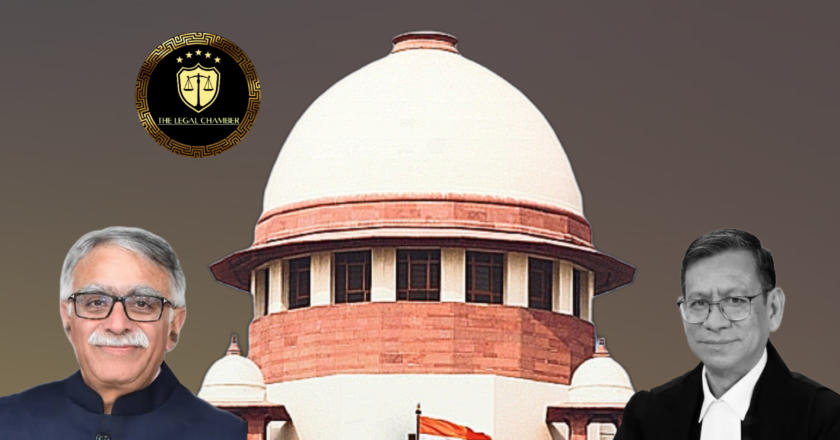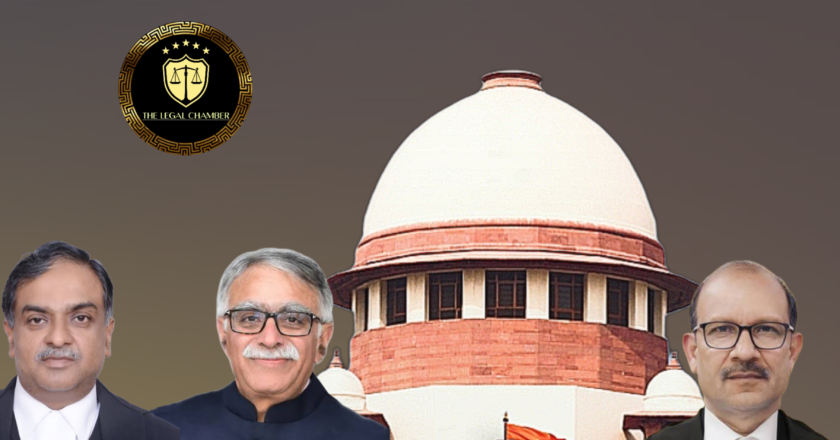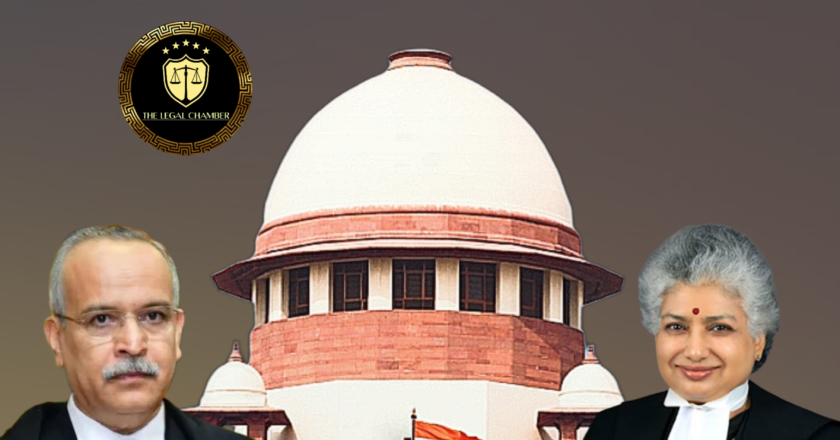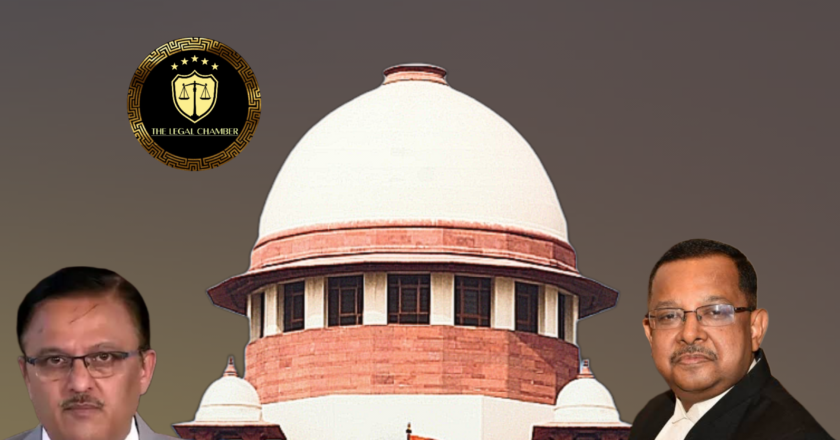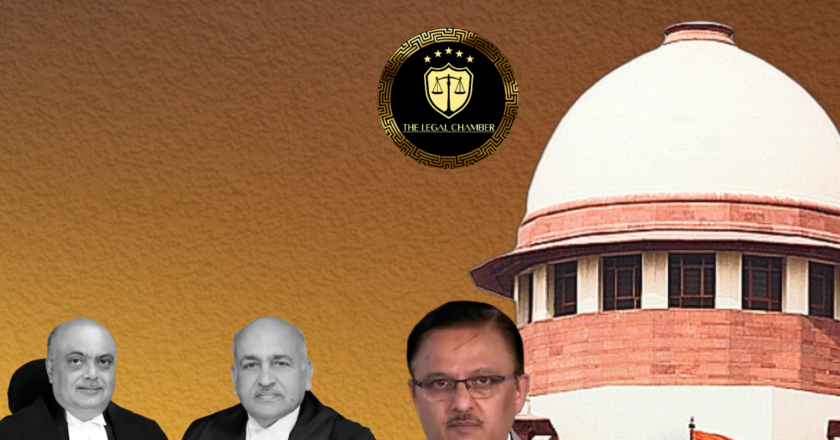Supreme Court Clears Way for Occupation Certificate, Bans Construction on Recreational Plot
The Supreme Court set aside the concurrent convictions, holding that non-compliance with Section 313 CrPC vitiates a fair trial. The trial court's failure to put each material circumstance individually to the appellants caused prejudice. The Court remanded the matter for de novo examination from the stage of recording Section 313 statements, emphasizing this mandatory procedural requirement.
Facts Of The Case:
The case originated from an incident on March 31, 2016, when the informant, Kachan Pasi, along with his father Ghughali Pasi, mother Kouta Devi, and sister-in-law Dharmsheela Devi, were returning from their fields. They were allegedly surrounded by several accused persons, including the three appellants before the Supreme Court—Chandan Pasi, Pappu Pasi, and Gidik Pasi. The accu...
